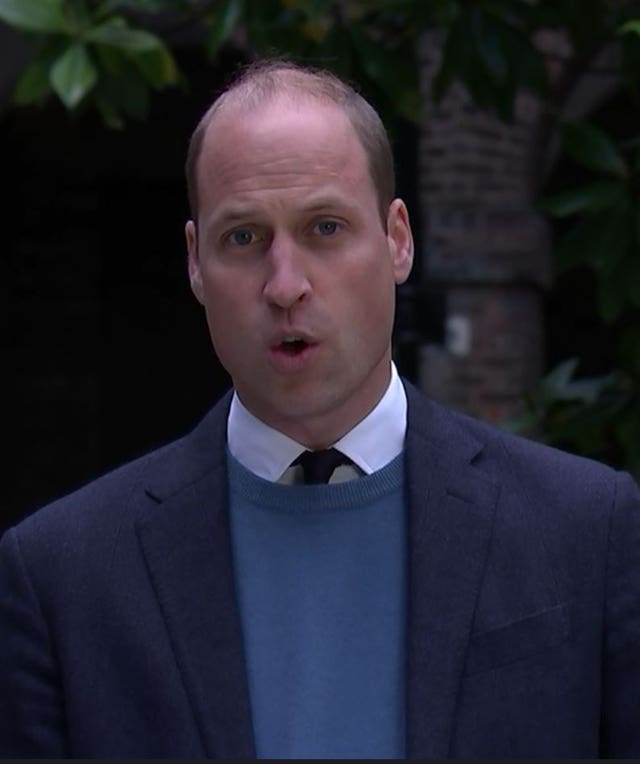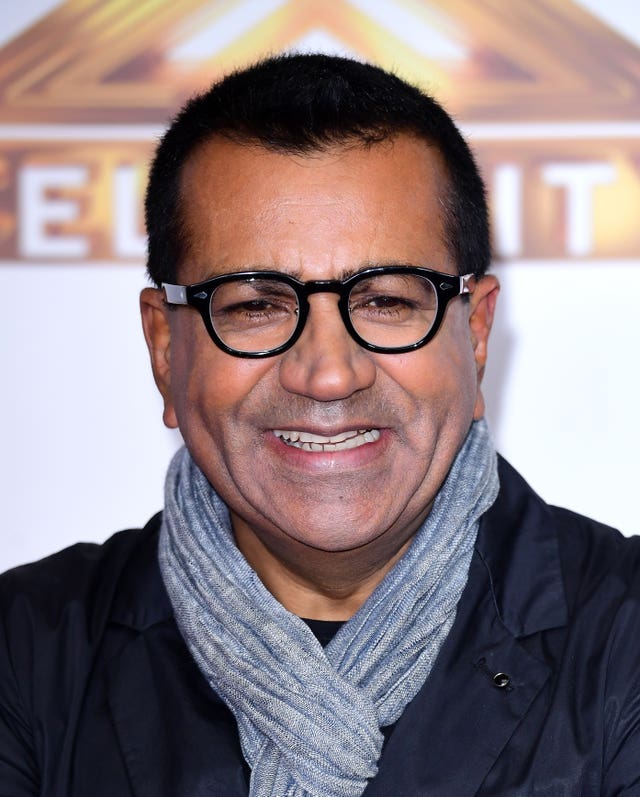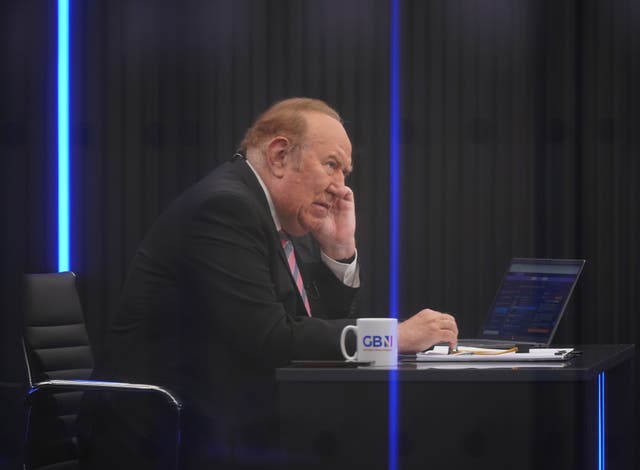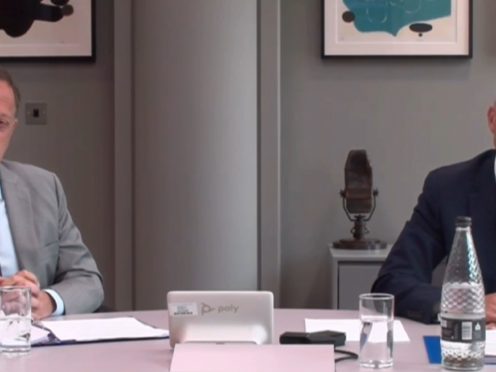BBC chief Tim Davie has said the Duke of Cambridge’s criticism in the wake of the Dyson report was “upsetting” and a “sad day” for the broadcaster.
The director-general, who took up the role in September 2020, said he has “engaged with the royal household directly” since the publication of the inquiry’s findings in May.
He said he felt “deep sympathy” for Diana’s sons, William and Harry, but added the BBC had offered an “unconditional apology” shortly after former judge Lord Dyson concluded that the broadcaster had covered up “deceitful behaviour” used by Martin Bashir to secure his 1995 interview with their mother.
In his rebuke, William said the interview was a “major contribution” to making his parents’ relationship worse and “contributed significantly to her fear, paranoia and isolation that I remember from those final years with her”.

Appearing alongside BBC chairman Richard Sharp in front of the Digital, Culture, Media and Sport Committee, Mr Davie said: “It was upsetting, and it was a sad day.
“Primarily I felt deep sympathy for the sons of Princess Diana and, as you know, we have offered an unconditional apology and that was the primary thing in my mind.
“For us, as an institution that cares so deeply and has an outstanding record of journalistic integrity, it was a very low moment for us.”
Asked if he has spoken to the princes since the publication of the Dyson report, he said: “I have engaged with the royal household directly, I do think it’s appropriate as to who was in meetings and exactly who I talked to, they were private and confidential meetings.
“So I think I will leave it to the royal household in terms of if they want to say anything on that, but I have talked directly to the royal household.”
Mr Davie was also questioned over why Mr Bashir had been rehired by the BBC in 2016 as religious affairs correspondent.
He said the interviewers were aware of “some of the controversies” around Mr Bashir but that they “did not see them as substantive enough to block a re-hiring or stop them”.

Citing the “glory of hindsight”, he added: “With what I know now, having personally commissioned Lord Dyson to go at this, that hiring would never have been made, there’s no doubt about that.”
He rejected the allegation that there existed “BBC guidelines on faking documents”, saying: “I am not aware of any guidelines of that nature.”
The session also saw Mr Davie address the suggestion that the BBC moved to “pull the rug” from under GB News, the new network chaired by former BBC journalist Andrew Neil, shortly before its launch on Sunday.
He said reports suggesting the broadcaster had tried to block GB News from accessing footage available via a “pooling” system run by the UK’s three major broadcasters were “completely off base”.
“I wouldn’t speculate apart from to say that wasn’t our intention in any way, shape or form,” he said.
“Some of reporting was completely off base on that one, I will be blunt. It wasn’t a tactic on our part.”
He said he was “very happy to get on with it and see if we can make it work”, adding: “There is no objection at all from outside.”

Mr Davie also outlined the BBC’s plans for children’s content and Tiny Happy People, a resource aimed at developing children’s communication and language skills.
He said: “I think within our strategy now is doubling down on Bitesize, the numbers for Bitesize, particularly interestingly among all demographics, and to put it on linear television during the pandemic was an outstanding success for us so I think you’ll see further investment in Bitesize.
“In programmes like Tiny Happy People, we’re just looking at how we evolve them, but overall CBeebies is a brand that, we are under pressure from the likes of Disney and others, and the jeopardy is there, but the truth is what we need to do is make sure we are differentiated… and not frankly becoming a US-style cartoon network, to coin a phrase.
“We’ve got good plans and excellent leadership of the children’s area in the BBC.”
